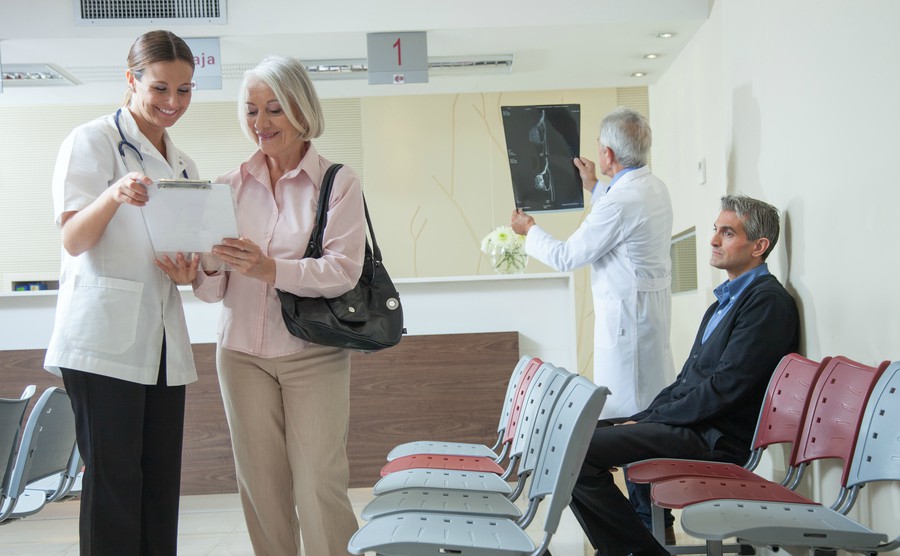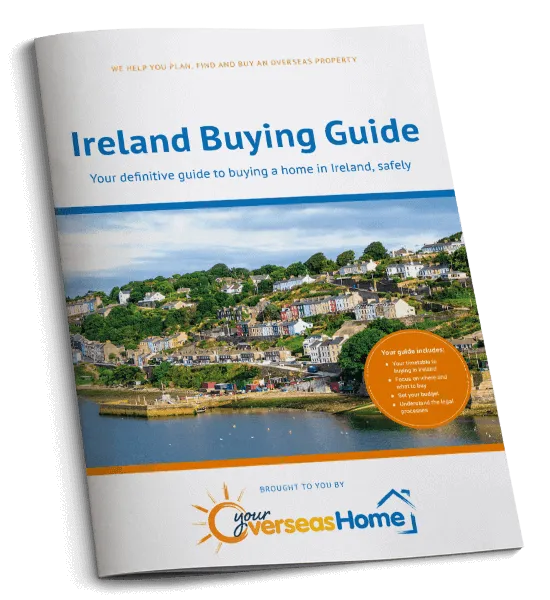When planning a new life in Ireland it’s important to factor in how you can access the healthcare you require. Today we answer some key questions about the process.
At this time of year it’s hard to venture out of the front door without the sound of coughs and sneezes (and not necessarily your own) providing a soundtrack to your day. It’s nice to think about the more ‘fun’ parts of a move to Ireland – or just a long holiday in your lovely home – but there are practical implications too. So here we focus on the Irish healthcare system and whether you’ll be able access the treatment you might require.
If you show you are ordinarily resident in the UK, you can get temporary healthcare free of charge without even needing an EHIC
Fear not – the Irish healthcare system is excellent, modern and efficient, and you’ll be able to receive much the same level of treatment as you can in the UK. Ireland’s public healthcare system is also government-funded. Even better, if you can show you are ordinarily resident in the UK, you can get temporary healthcare free of charge without even needing an EHIC (European Health Insurance Card).

A move to Ireland is incredibly exciting but it’s also important to consider how you’ll access essential services, like healthcare.
Eligible for healthcare?
For ongoing care, you’ll either have to produce evidence that you are “ordinarily resident” in Ireland, meaning that you’ve already been resident for at least one year, or you’ll need to prove that it’s your intention to remain in the country for the foreseeable future. You and any dependants will need to apply to the HSE before you can access the system.
Should the HSE deem you to be “fully eligible” you will be put in Category 1, and will be given a medical card that allows you to access a range of healthcare services and medicines completely free of charge. Around 30 percent of the Irish population have these medical cards.
For ongoing care, you’ll either have to produce evidence that you are “ordinarily resident” in Ireland, meaning that you’ve already been resident for at least one year, or you’ll need to prove that it’s your intention to remain in the country for the foreseeable future.
If you have limited eligibility, you, like most of Ireland, will be Category 2, and although you won’t have a medical card, you’ll still be able to access a huge range of services either free of charge, or at a reduced cost.
As an example of how this operates, if you don’t have a medical card, but you are deemed ‘ordinarily resident’ in Ireland, you’ll have access to out-patient hospital services, emergency treatment, maternity and infant care services, and in-patient hospital services – although in this specific instance you’ll be charged a daily accommodation fee of around €45.
In addition to having to pay for hospital accommodation, those grouped in Category 2 will be charged around €20-30 for a visit to the GP. To visit any kind of specialist you’re looking at a fee of €40-50. Even with a medical card, you’ll be charged a minimal prescription fee of €2.50 up to a maximum of €25 per month.
Tax relief?
Good news – there are savings to be made! If you’re paying tax in Ireland, you’re eligible to claim tax relief on any medical expenses that aren’t covered by Ireland’s public healthcare system or by your private insurance policy. It’s also possible to claim tax relief on the health insurance premiums that you take out to protect yourself and your family after you make the move. Tax is always a tricky business to negotiate, so we also recommend consulting a tax expert who can ensure you’re getting access to the tax relief you’re entitled to.

The Ireland Buying Guide takes you through each stage of the property buying process, with practical recommendations from our experts who have been through the process themselves. The guide will help you to:






